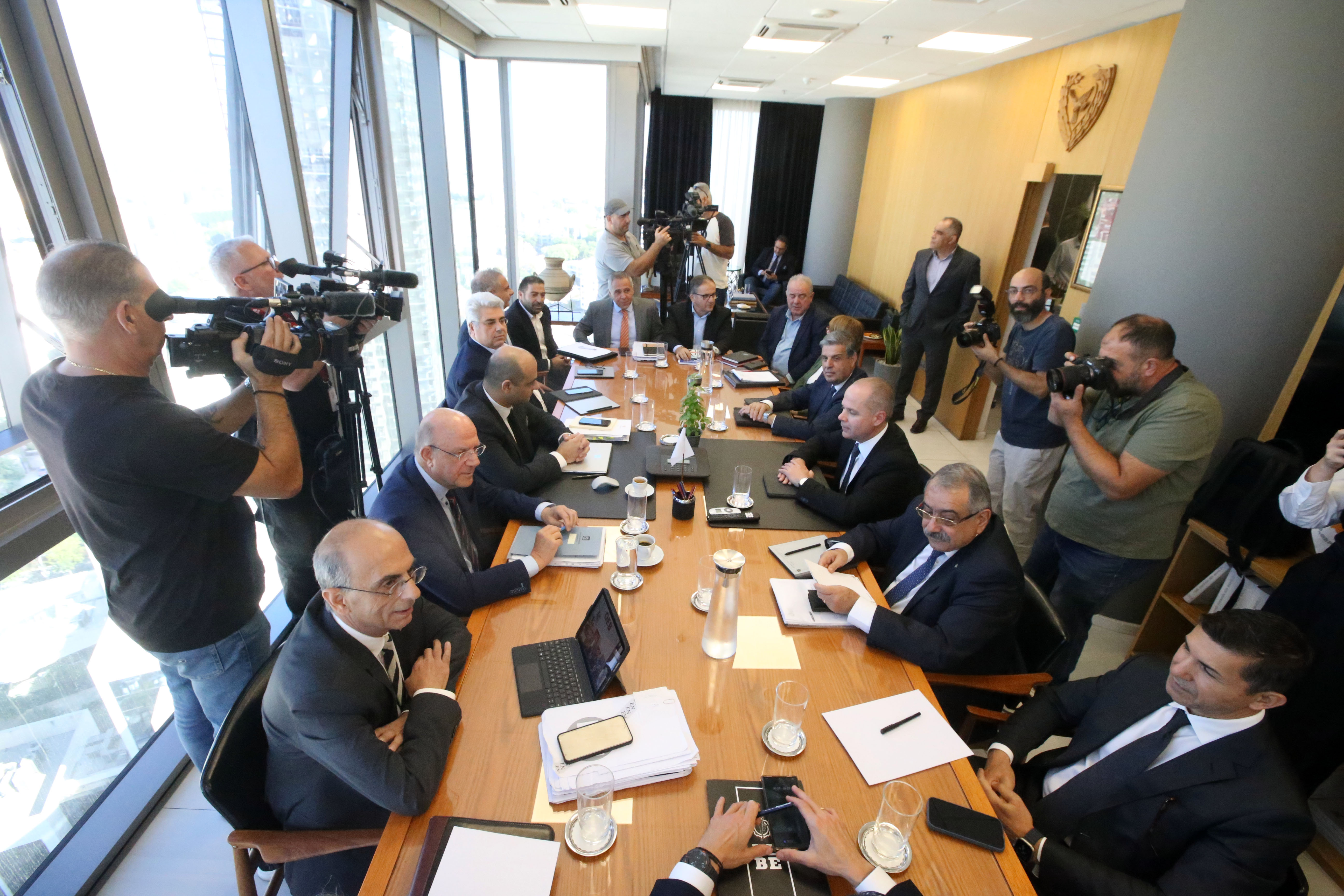Social partners failed to reach a final agreement during lengthy negotiations on Friday at the ministry of labour, despite signs of progress in discussions over a new framework for the cost-of-living allowance (CoLA).
The meeting, which lasted more than six hours, involved Labour Minister Yiannis Panayiotou, finance minister representatives, trade unions, and employers’ organisations. While no deal was concluded, all sides described the talks as productive, saying that significant progress had been made and that common ground had widened.
Speaking after the meeting, Panayiotou said the mediation process had helped shape a framework of convergence that could be used to reach a permanent agreement in the coming days.
He confirmed that some limited and specific differences remain but said they were “very small in scale” and unlikely to prevent an eventual settlement.
Panayiotou added that the government remains in close contact with both unions and employers to bridge the remaining gaps.
“We expect that through the constructive approach shown so far, we will soon achieve the desired result,” he said.
When asked whether the process had reached a deadlock, the minister replied, “We do not have an agreement at this moment. The result will only be achieved when the agreement is signed.” He explained that all necessary elements of the CoLA framework had been discussed and clarified, creating the conditions for a final understanding.
Panayiotou stressed that the government is ready to submit a written proposal at any time but prefers that both sides narrow their differences further before such a step, to avoid any negative effect on the mediation process.
He also highlighted that after 15 years of transitional arrangements, a permanent agreement on CoLA would be a “very important development for the future of labour relations”.
Employer representatives echoed a similar tone of cautious optimism. The director-general of the employers and industrialists federation (OEV), Michalis Antoniou, described the talks as “productive and useful”. He said OEV and the Cyprus chamber of commerce and industry (Keve) would hold a joint meeting next Tuesday to evaluate developments.
Keve director-general Filokypros Rousounides called the discussions “exhausting” but “meaningful”, saying much ground had been covered.
However, he cautioned that differences still exist.
“We are as close as we are far,” he said, noting that while there are several convergences, some issues could still become obstacles.
From the union side, Peo secretary-general Sotiroula Charalambous said the discussions were in-depth but that “important divergences” remain, preventing even a preliminary agreement. She said unions are awaiting the next steps.
Sek secretary-general Andreas Matsas expressed disappointment that, after six hours of talks, no initial decision could be announced. He said unions had hoped for a resolution by Friday but would now brief their collective bodies to decide on the next course of action.
Matsas confirmed that a meeting of all trade unions would be arranged in the coming days to assess developments, adding that while unions will respond positively to any new meeting, the process “cannot be endless” and must lead to a clear and final timeline.
Both Charalambous and Matsas said the points of disagreement are “more than one”. Matsas added that while union representatives were tired and frustrated after the prolonged session, they remained determined to secure an outcome that benefits all workers.






Click here to change your cookie preferences